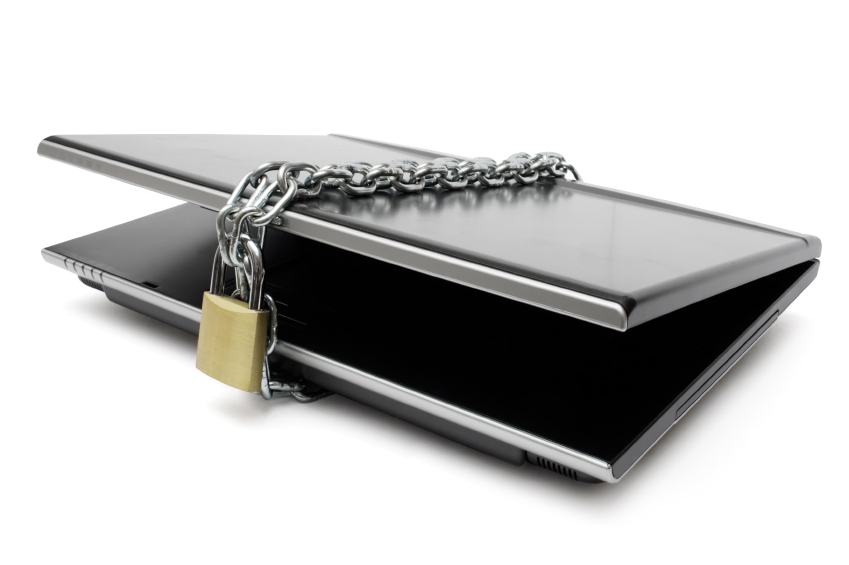Quick Thoughts on Protection of Content and Brands Online
- CIPIT |
- November 3, 2015 |
- Guest Post
by Elizabeth Moturi

Web 2.0 has enabled us to be more than just consumers of content but creators of content on the internet. This is done mainly through blogs, vlogs, twitter, facebook and instagram just to name a few. The internet has now transformed into a proper revenue stream for many people. Forbes recently released a list of the 10 highest paid YouTube stars and they placed Felix Kellegberg known as “PewDiePie” at the top of the list with earnings of 12 million US Dollars (1.2 Billion Kenya Shillings) a year before taxes. And how does he make his money? By playing video games, every guys dream job.
There is great monetary value that could attach to a popular social media account or blog. In an earlier blog post here, it was reported that the value of online Kenyan advertising industry by the end of 2013 stood at Ksh. 165 billion and it is forecast to rise to over Ksh. 301 Billion by 2018. It is therefore an opportune for online content creation and marketing leverage on the internet’s worldwide reach. However, it is important to bear in mind that online exposure presents challenges for the protection of intellectual property (IP).
Copyright protection applies as long as the work is original and has been put down in a tangible form. The registration process for copyright in Kenya is voluntary but available with the added benefit of being issued with a certificate of notification which serves as prima facie proof of copyright ownership.
With regard to social media, it is important to note however that one cannot claim copyright for a Tweet. According to the World Intellectual Property Organization (WIPO), tweets are not subject to copyright because they are too short because of the 140 character limit. Furthermore, most tweets just state facts (thus lacking an element of creativity) and are not necessarily creative and subsequently, it is difficult for a work to be deemed original.
Online content creators are advised ensure that copyright notices and other copyright information is prominently displayed on their webpages. For webpages on WordPress, one way of doing this is by setting up an RSS Footer. The RSS Footer provides you with a copyright statement, a link back to your site and a digital fingerprint. It also lets you add an extra line of content to articles in your feed, defaulting to “Post from:” and then a link back to your blog.
Another copyright option for online content would be to use the suite of licenses from Creative Commons (cc). The cc licenses work within copyright while still enabling people to share information. Every license helps creators retain copyright while allowing others to copy, distribute, and make use of their work but for non – commercial purposes. The licenses are freely available and are automatically generated after answering a few questions.
Aside from copyright, the trade mark system is applicable for the protection of brands online. Trademark registration protects a sign or mark that one may use to distinguish your page. The sign may consist of one or more distinctive words, letters, numbers, drawings or pictures, monograms, signatures, colours or combination of colours etc. Locally, applications for trademark registrations can be filed with Kenya Industrial Property Institute (KIPI) and once registered, the protection covers Kenya only. For protection outside Kenya, online brands are encouraged to use the international registration system for trademarks administered by WIPO. This international system is governed by two treaties: the Madrid Agreement Concerning the International Registration of Marks and the Madrid Protocol. Persons with a link (be it through nationality, domicile or establishment) to member states of these treaties may, on the basis of a registration or application with the trademark office of that country (or related region), obtain an international registration having effect in some or all of the other countries of the Madrid Union. Kenya is a party to both the Madrid Agreement and Protocol.
Once your content and brands are visible online, it is important to police the use of your content and brands to guard against unauthorised uses that may amount to copyright and/or trade mark infringement. One way of online IP policing is using Google Alert to track people’s use of your content. All you have to do is enter a word or phrase and Google will send you alerts for anything that contains the specified phrase or words to your email.
Although the Kenyan online scene is a long way from producing the likes of “PewDiePie”, this blogger opines that it is only a matter of time before the world takes notice of Kenya’s internet talent there it is imperative that online content and brands from Kenya are properly protected using the existing IP regimes.
